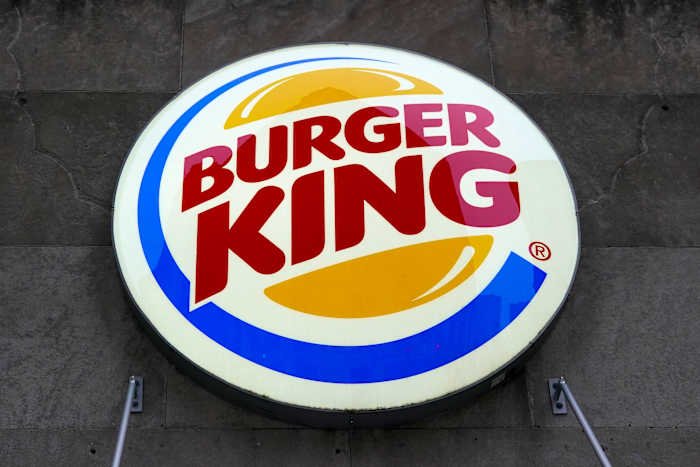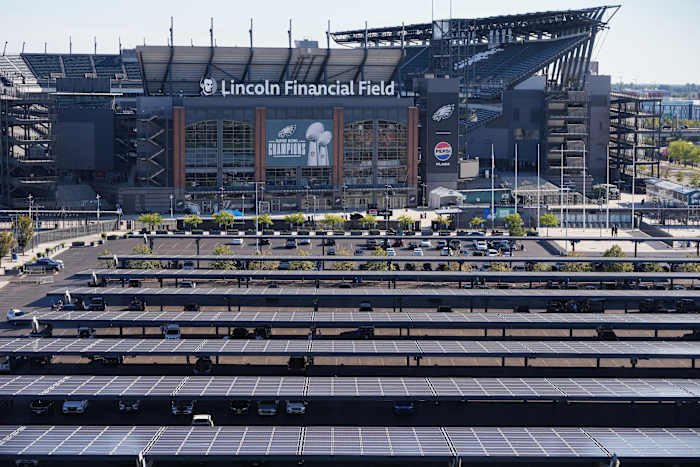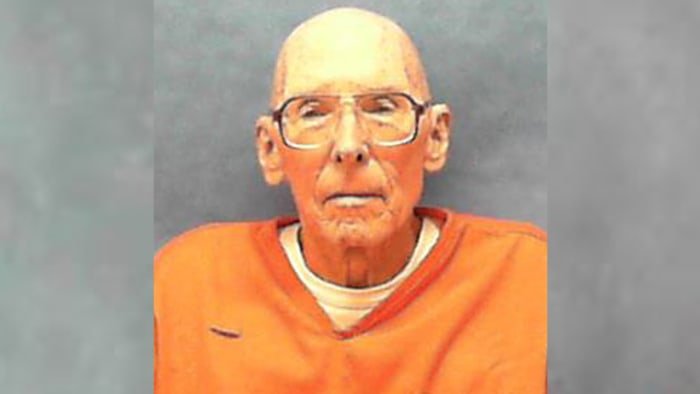Orlando, FL — A recent report from the Center for Environmental Health (CEH) has put more than 80 major retailers and restaurants in the spotlight for an alarming reason: a “harmful chemical” has been detected on the receipts they hand out to customers. As Orlando residents hit the shops and dine out, it’s important to understand what this means for our community, how it could affect our health, and what steps we can take to stay safe.
What Is the Harmful Chemical and Why Is It a Concern?
The chemical in question is most often Bisphenol A (BPA) or its close cousin Bisphenol S (BPS). These compounds are used in the thermal paper that produces most store and restaurant receipts. BPA and BPS are known as endocrine disruptors, which means they can interfere with hormone systems in humans and animals. According to the CEH report, frequent handling of these receipts can lead to chemical absorption through the skin, potentially increasing health risks over time.
For Orlando shoppers, this is especially concerning as the city is home to numerous big-box retailers, popular chain restaurants, and theme park gift shops—all of which may use thermal receipts. With both locals and millions of tourists making purchases daily, exposure risks are widespread.
Which Retailers and Restaurants Are Involved?
The CEH report names more than 80 major brands, including household names like Walmart, CVS, Starbucks, McDonald’s, and Home Depot. These companies have locations throughout the Orlando metro area, from the bustling downtown shopping districts to suburban shopping centers and tourist hot spots near International Drive and Lake Buena Vista.
While the full list is extensive, it’s important for Orlando residents to know that some of the most popular stores and eateries in the city are implicated. The issue isn’t limited to a single chain or industry—it spans grocery stores, pharmacies, clothing outlets, and quick-service restaurants. This means almost every Orlando shopper is potentially affected.
Health Implications: What Does the Science Say?
Studies have linked BPA and BPS exposure to a variety of health concerns, including:
- Hormonal imbalances
- Developmental issues in children
- Increased risk of certain cancers
- Potential links to heart disease and diabetes
Although the U.S. Food and Drug Administration (FDA) has set limits for BPA in food packaging, receipt paper is less regulated. The CEH’s findings have reignited calls for tighter oversight, especially since people who frequently handle receipts—such as cashiers, waitstaff, and even frequent shoppers—are at greater risk.
In a city like Orlando, with its large service industry workforce and high visitor turnover, this issue takes on added urgency. Many Orlandoans hold jobs in retail and hospitality, making them more likely to touch receipts multiple times a day.
What Can Orlando Shoppers and Workers Do?
While change at the corporate level is necessary, there are steps individuals in Orlando can take to reduce their exposure:
- Go digital: Whenever possible, opt for email or text receipts instead of printed ones. Many Orlando businesses, especially in tourist areas, now offer digital options.
- Wash hands: If you must handle receipts, wash your hands soon after. Avoid handling receipts before eating or touching your face.
- Store safely: Don’t let receipts linger in your wallet, purse, or car. Dispose of them promptly and safely.
- Use gloves: Workers who handle receipts regularly may want to use gloves or ask employers about safer alternatives.
Local advocacy groups in Orlando are also urging consumers to ask stores about their receipt paper and support businesses that make the switch to BPA/BPS-free alternatives. The more demand there is for safer receipts, the faster retailers will respond.
What Are Businesses and Lawmakers Doing?
After the CEH report, some national chains pledged to phase out harmful thermal paper. In Orlando, a few local businesses and independent shops have already adopted digital receipts or BPA-free options. However, most major retailers are still catching up.
On the legislative front, states like California and New York have proposed bills to limit the use of toxic receipt paper. While Florida has not yet introduced similar legislation, advocacy from Orlando residents and business owners could help put this issue on the state’s agenda. As the conversation grows, look for updates from city officials and health experts on the City of Orlando News Portal.
Conclusion: Protecting Orlando’s Shoppers and Workers
The discovery of harmful chemicals on receipts is a wake-up call for the Orlando community. With so many major retailers and restaurants implicated, it’s crucial for residents, workers, and business owners to stay informed and take steps to reduce exposure. As more people in Orlando demand safer, greener alternatives, we can push for change that benefits both our health and the environment.
Have you noticed more digital receipts in Orlando stores? Are you concerned about handling receipts at your job or while shopping? <strong
















